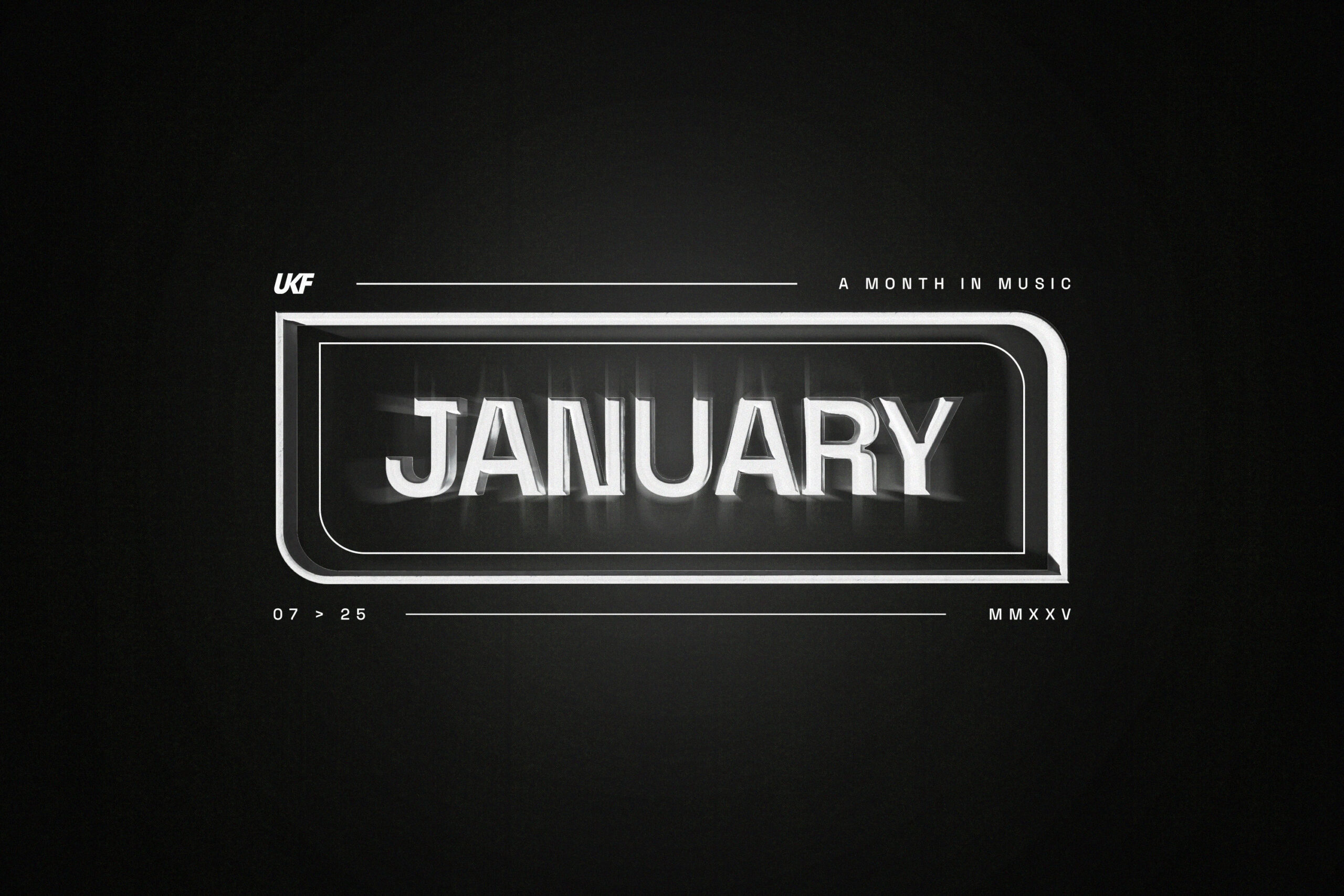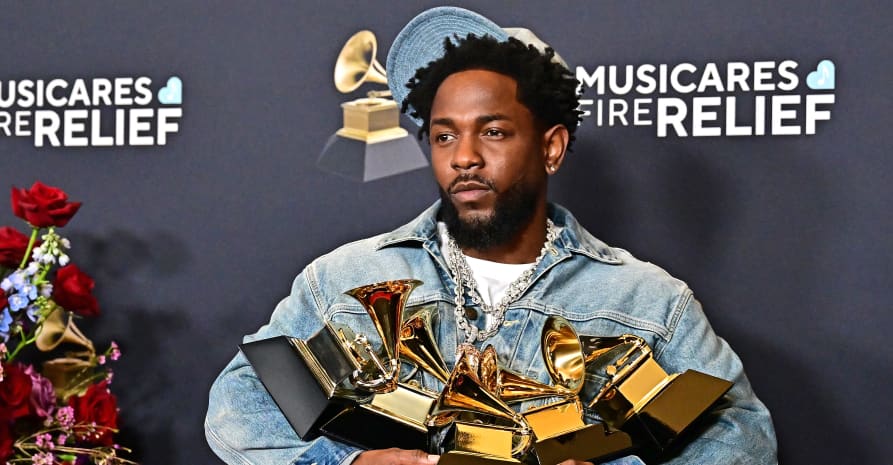Netflix’s fraudster drama Apple Cider Vinegar has very little bite
The limited series’ insights on the influencer industry are frustratingly skin-deep.


In Netflix’s new fraudster drama Apple Cider Vinegar—the kind of show in which an unlikable protagonist expectedly pisses a lot of people off—social-media star Belle Gibson (Kaitlyn Dever) fakes a cancer diagnosis to gain sympathy, followers, and investors for her nutrition business. Based on a real-life Australian con artist/influencer of the same name, the series digs into how she clawed her way to the top with swindling and false promises until she was exposed.
It’s an amusing premise—and one that’s been increasingly seen on our screens thanks to the uptick in shows about ripped-from-the-headlines scammers. ACV is particularly comparable to Inventing Anna, The Dropout, and Bad Vegan in that it’s a mixed bag that offers a mostly surface-level understanding of Belle’s pathos. Despite a couple of gut-wrenching lead performances, the overly stylized presentation gets as peripheral as the people it scrutinizes. That doesn’t mean the six episodes aren’t oddly captivating. It’s like a car crash happening in slow motion: The outcome is inevitable, but it’s hard to peel your eyes away from the sad chaos.
Belle, the manufacturer of said upheaval, takes advantage of the popularity of blogs and Instagram in 2013. To overcome her abandonment issues and fill a void in her life, she leans heavily the “likes” and “hearts” on the social-media platform. She may not have supportive pals or parents, but strangers are eating up everything she posts on a curated grid. It all begins when a brief hospital visit prompts her to lie, so she turns a clean MRI report into one that signals malignant brain cancer. This wild fabrication spirals out of control, bringing the worst out of Belle’s desire to be seen and celebrated.
Apple Cider Vinegar suggests Munchausen syndrome but doesn’t go deeper or offer unique insights into it. Belle is a grade-A narcissist with issues rooted partly in being raised by a neglectful mother. These are basic facts even those unfamiliar with the true story will deduce early on, which raises the question: Why does ACV exist beyond dramatizing and capitalizing on Belle’s crimes? Granted, her arc is portrayed with some empathy, and Dever is an astute actor, invoking rage and cringe as Belle smoothly manipulates people and situations. (That said, her Australian accent might take a minute to get used to). But despite her stellar work, the show is often a broad facsimile.
Now, ACV can be quite riveting when Belle clashes with Milla Blake (Alycia Debnam-Carey), a character loosely based on Australian writer/online personality Jessica Ainscough. Milla, a wellness influencer who inspired Belle and later becomes her direct competitor, actually suffers from a life-threatening disease. The catch is she is anti-science and prefers treating her sarcoma with naturopathy (think coffee enemas, excessive juicing, and beachside yoga retreats). Milla’s well-intentioned but genuinely frustrating actions are hard to watch and have heartbreaking consequences. Through this, the writing prods at the alluring facade of the phone screen and how vulnerable minds are susceptible to fads in an attempt to feel good.
Milla and Belle’s need for validation via a device drives the show’s momentum. Despite disparate lives—Milla has a loving home, friends, and husband (Chai Hansen), while Belle raises her son with a submissive partner (Ashley Zukerman) who is too attached to leave her—their identities and livelihoods depend on the perception of random strangers with plenty of snap judgments. ACV works when it offers a snapshot of a dynamic internet and social-media culture. But sadly, those intriguing angles aren’t explored in-depth or with much nuance.
There is also a ton of timeline jumping as the show toggles between subplots like a cancer patient (Tilda Cobham-Hervey) blindly listening to Belle and heading off to the wilderness, a journalistic investigating the influencer’s lies, and Milla’s childhood friend Channelle (Aisha Dee) working as an assistant for Belle. (That last one is notably undercooked.) Still, Apple Cider Vinegar is weirdly digestible because its shiny imagery contrasts its characters’ inner darkness. Debnam-Carey is a terrific co-lead (also check out her scene-stealing turn in last year’s It’s What’s Inside), and Dee and Zukerman also give moving performances.
For a TV show that deals with serious health issues, this one weirdly doesn't get as emotional or thought-provoking as you'd expect. Apple Cider Vinegar isn’t particularly incisive as a cautionary tale about spending too much time online or recklessly listening to what a “famous person” claims. But much like the escapist powers of a good doom-scroll, it can nevertheless be an addictive, if frustrating, watch.
Apple Cider Vinegar premieres February 6 on Netflix
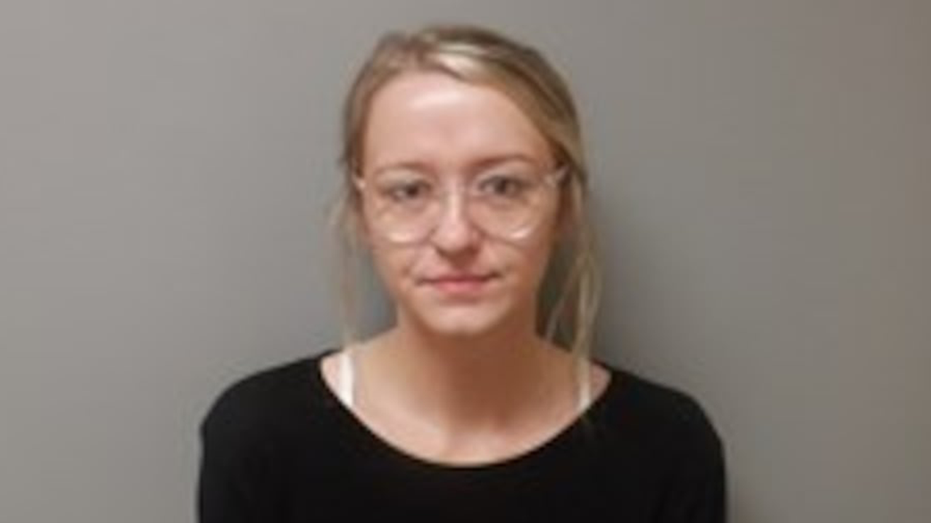
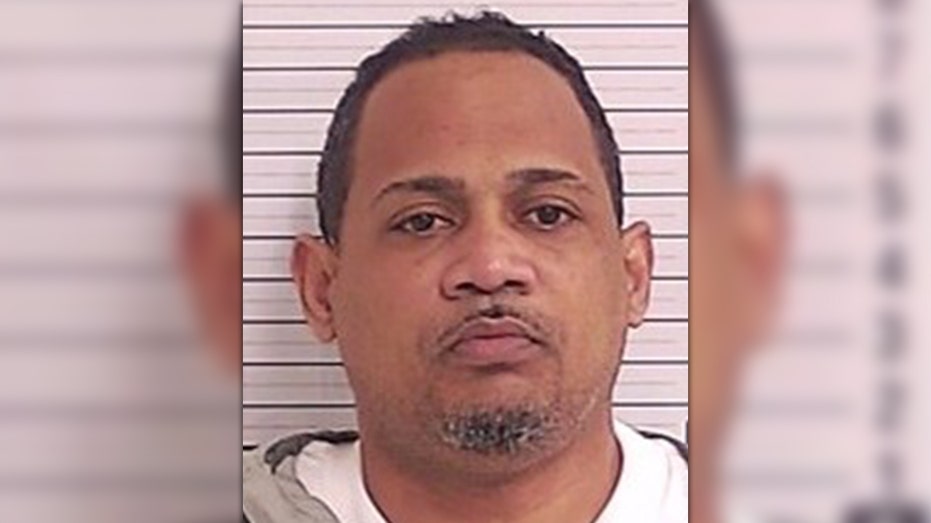
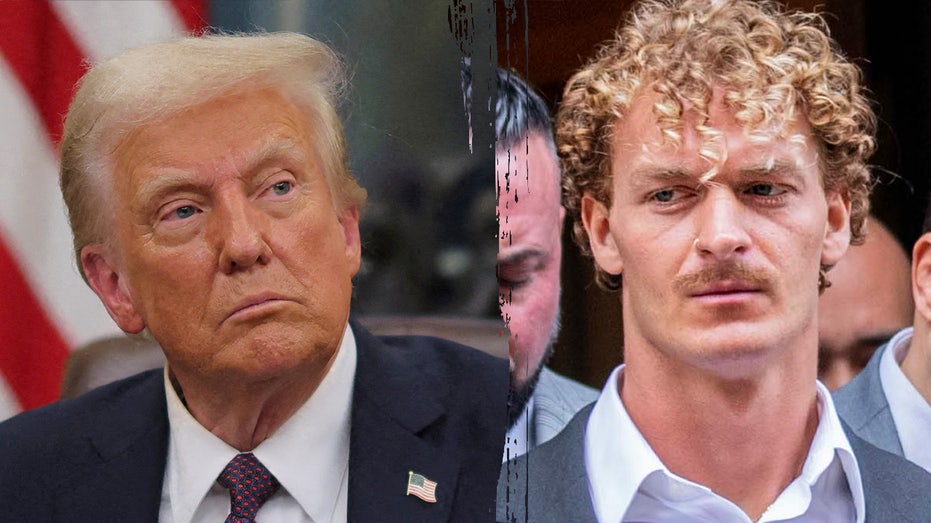




















.jpg?width=1920&height=1920&fit=bounds&quality=80&format=jpg&auto=webp#)

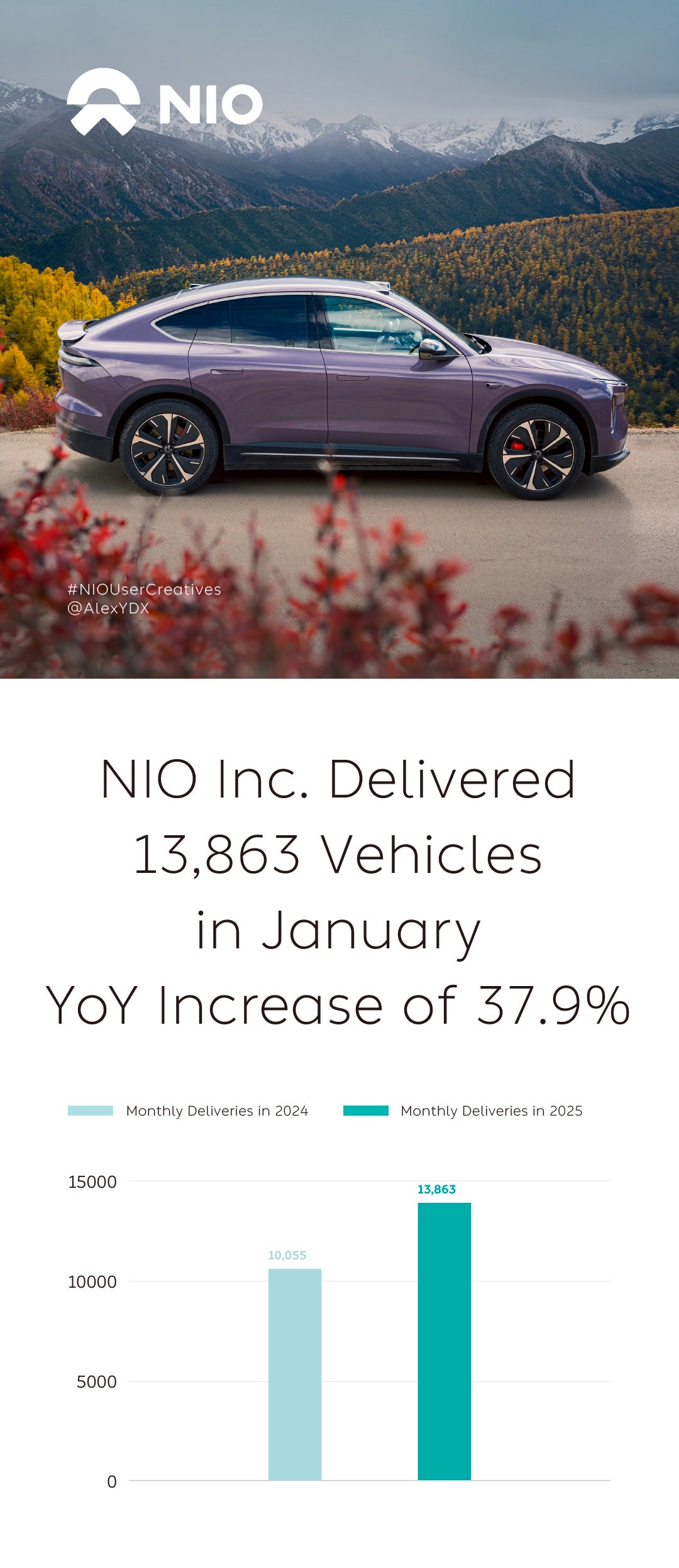


















![Gay Catholic United Flight Attendant Axed After ‘Sex Is Unchangeable’ Remark—Raises Enough Money To Sue [Roundup]](https://viewfromthewing.com/wp-content/uploads/2025/02/DALL·E-2025-02-03-08.46.00-A-high-contrast-digital-montage-combining-aviation-Catholic-symbolism-and-legal-imagery___-Central-figure_-A-stern-looking-male-flight-attendant-in.webp?#)












